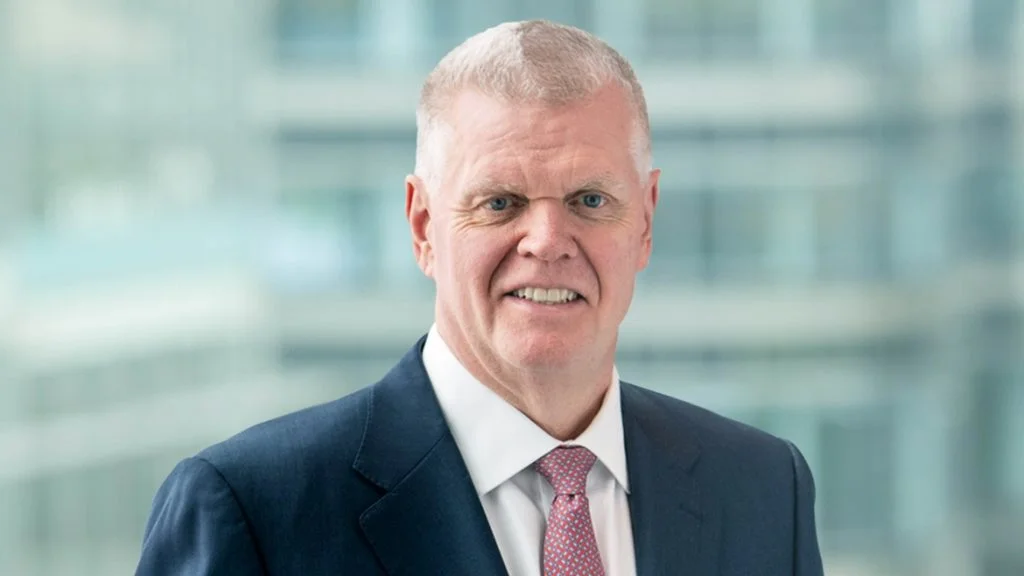HSBC Group CEO Noel Quinn, believes CBDCs are a transparent legal tender that avoids the “many risks” associated with cryptocurrencies and stablecoins.

HSBC, Europe’s largest bank with $3 trillion in assets, is dubious of bitcoin while pushing the creation of central bank digital currencies (CBDCs).
New forms of digital money might promote growth, according to HSBC Group CEO Noel Quinn, who outlined the bank’s commitment to CBDC as a transparent legal tender that avoids the “many risks” associated with cryptocurrencies and stablecoins.
The article, which was published on September 21, claims that global CBDC projects like the Chinese digital yuan represent the “new form of digital money,” but private money, including stablecoins, is “nothing new.”
“Today’s commercial bank money is made and spent privately. Commercial bank money, on the other hand, is anchored by central bank money and is tightly regulated, indicating its systemic importance,” Quinn noted.
As the industry’s usage develops, the CEO continued, stablecoins and cryptocurrencies will demand regulation that is proportional to the magnitude of associated dangers.
“Even then, only designs that are sufficiently firmly grounded to achieve price stability, as well as existing efforts to financial crime prevention, are likely to be viable as a dependable and safe means of payment,” he added.
Despite his mistrust of crypto, Quinn stated that HSBC will continue to expand its cross-border payment expertise and the worldwide CBDC development.
He said the bank had been actively collaborating with a number of central banks, including those in the United Kingdom, France, Canada, Singapore, mainland China, Hong Kong, Thailand, and the United Arab Emirates, on CBDC projects.
HSBC is one of the world’s major banking organizations, and it is rumoured that it, along with investment behemoth BlackRock, is one of the largest debt buyers of Evergrande, a distressed Chinese real estate developer.
HSBC has emerged as one of the greatest critics of Bitcoin (BTC) and the crypto business in general, in contrast to BlackRock, which has been actively expanding into crypto recently.
HSBC was one of the British banks that suspended ties with Binance in August, citing “concerns about potential risks” to its consumers.
As part of its user policy forbidding clients from engaging with cryptocurrency, HSBC previously blacklisted the shares of business intelligence provider MicroStrategy.
Quinn’s comments come as global banking regulators are increasingly scrutinizing private stablecoins. Gary Gensler, the chairman of the United States Securities and Exchange Commission, termed stablecoins “poker chips” at the “Wild West” crypto casino on Tuesday, pushing for stricter crypto regulation once again.
